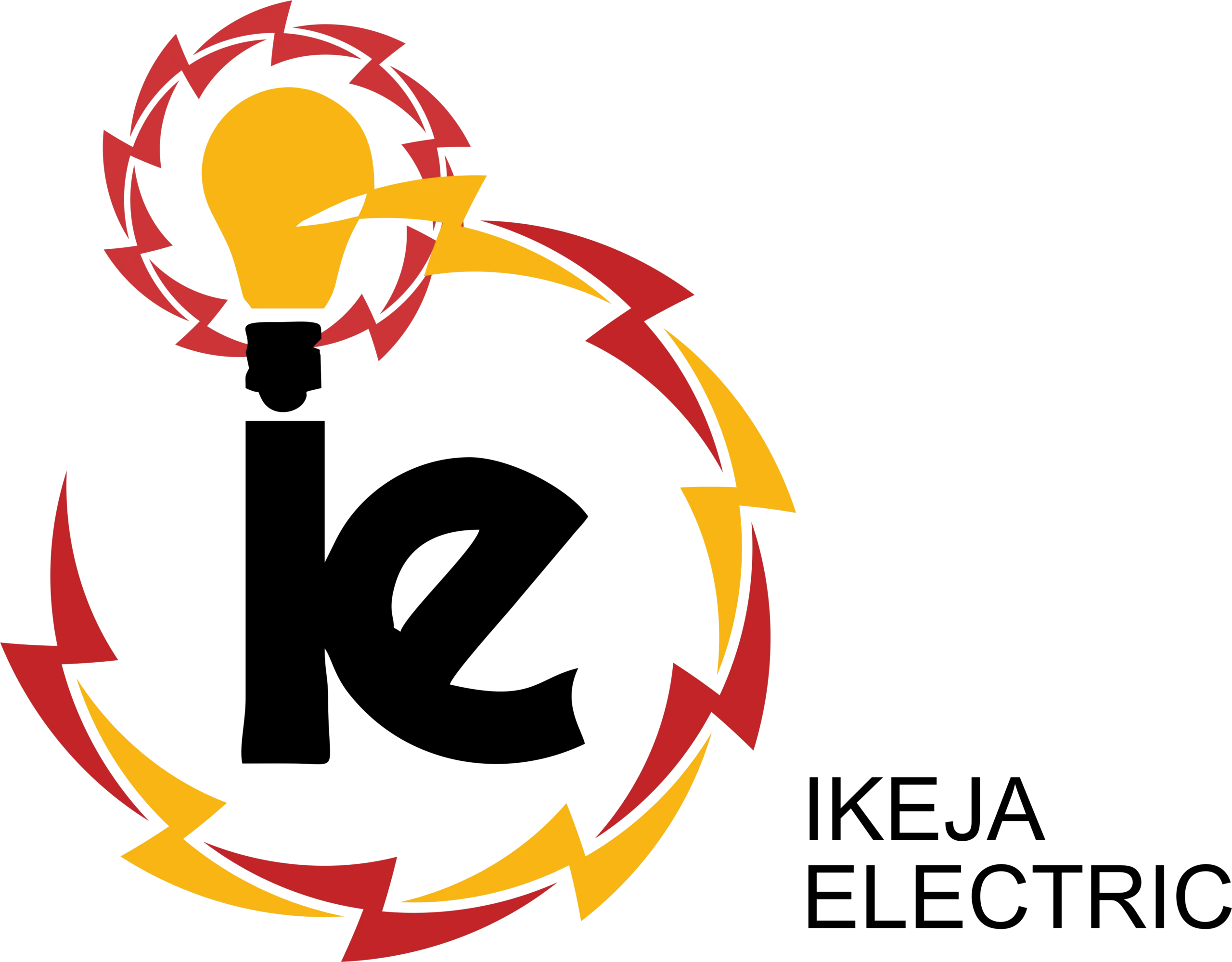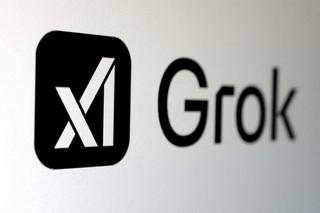The Chairman of the Presidential Committee on Fiscal Policy and Tax Reforms, Taiwo Oyedele has said the removal of Nigeria’s fuel subsidy has been described as a transformative step in addressing the country’s enduring economic challenges.
This perspective was shared by Oyedele during The Platform, an annual event hosted by Covenant Nation in Lagos.
Oyedele outlined how the subsidy regime created economic distortions, giving Nigerians a misleading sense of financial stability. “Removing subsidies is the best decision we made as a country. And we can now say that for once, the subsidy is gone,” he said.
He explained that while subsidies made fuel, electricity, and other essentials appear affordable, they concealed the unsustainable fiscal realities. Oyedele criticized the pre-subsidy removal era, where fuel prices were officially below ₦200 per litre and the naira exchange rate hovered around ₦450 to the dollar. “Were these numbers real?” he asked rhetorically, pointing out that government spending on subsidies and artificially low exchange rates masked the true costs.
“A country can sell petrol at ₦200 per litre if it can afford it, but it is a grave mistake if it cannot,” he added, likening the situation to parents enrolling their child in a school they cannot sustain financially.
Oyedele highlighted the severe financial strain subsidies placed on Nigeria. “We used all our revenue to service debts. We were not paying back our debts; we were just servicing them. Everything else, from paying salaries to fighting Boko Haram, was funded through borrowing,” he explained.
He warned that Nigeria was on a trajectory similar to economically embattled countries like Sri Lanka and Venezuela, where subsidies and fiscal mismanagement led to fuel shortages and extreme economic hardship.
Addressing the broader economic picture, Oyedele criticized the perception of Nigeria’s economic strength. He noted that the country’s real GDP growth over the past decade was less than 10%, effectively negative when adjusted for inflation.
“Our GDP growth rate has been very low, and our per capita income of $2,000 and GDP of $450 billion are inflated figures that don’t reflect the reality,” he stated.
Oyedele emphasized the need for robust tax reforms to stabilize the economy. He revealed that the Presidential Committee on Fiscal Policy and Tax Reforms is working toward passing tax reform bills by 2025, with phased implementation expected to begin by mid-year.
“Our expectation is that before the end of Q1, we’ll give taxpayers notice to prepare and begin implementation around July 1,” he said.
The subsidy removal, coupled with tax reforms, represents a critical shift in Nigeria’s economic strategy aimed at achieving fiscal stability and sustainable growth.










